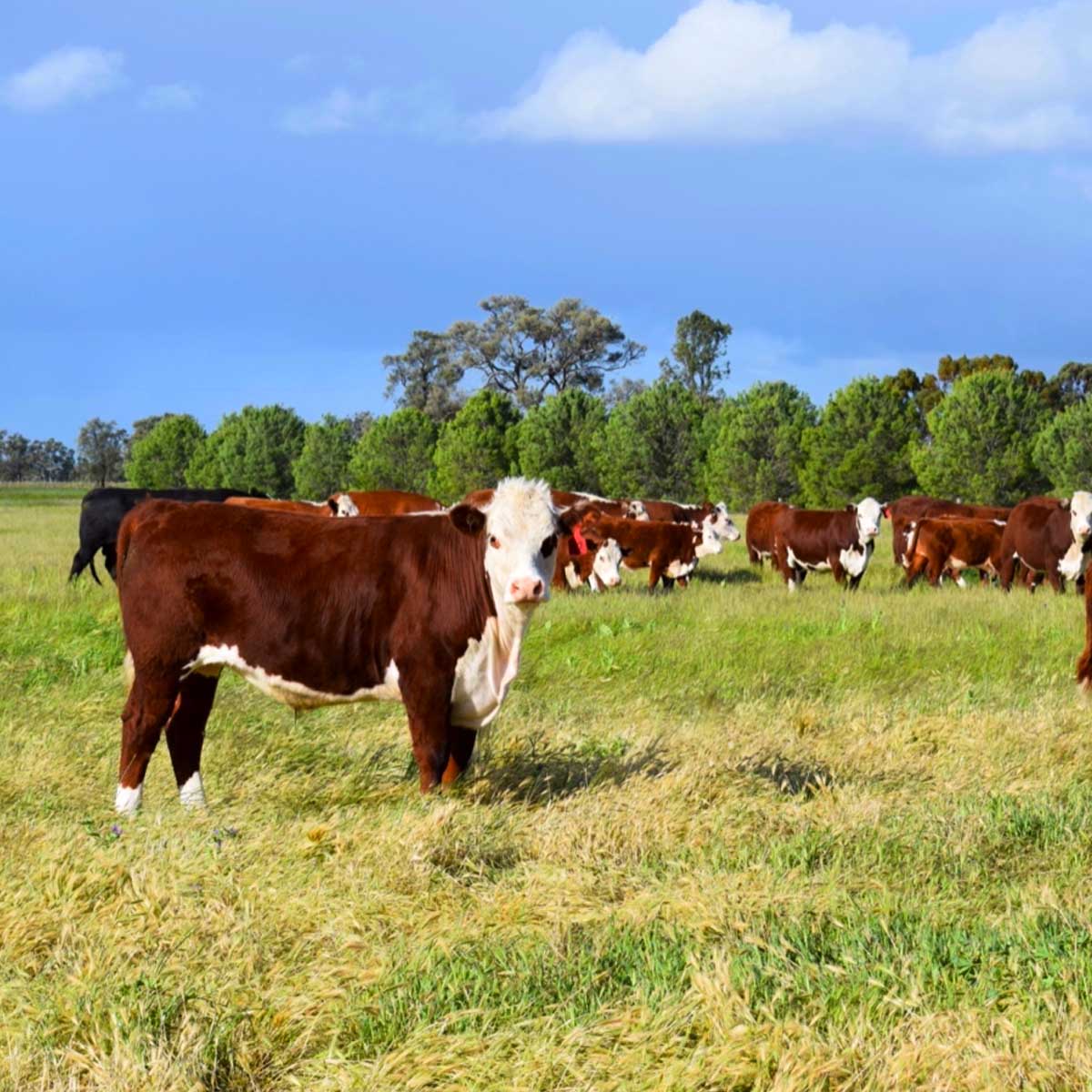
Certified Organic?
CERTIFIED Organic – What’s the Difference?
These days many of us are interested in health and well-being and want to ensure what we put into our bodies is good for us, or at least isn’t going to harm us.
A lot of farmers claim to be organic because they don’t, as a rule, use herbicides or pesticides. We applaud this effort! It’s a wonderful thing to try and farm without chemicals so that our food isn’t at risk of carrying any nasty residues, and they can quite rightly claim to be chemical-free. But they can only claim to be organic as long as any feed that they give to their animals comes from 100% natural sources as well, and there’s a big difference between that and being CERTIFIED ORGANIC. If you are in any doubt whether a producer is legitimately organic, simply ask to see their organic accreditation, or ask them about the food they buy in, and their farming practices to make sure every part of their business is organically grown or sourced.
Because it’s all about the food chain!
Remember, You are what you eat!
On a certified organic farm, the animals and plants growing on that farm (which we as consumers end up eating) are themselves nourished only by organic food. For example, on Restdown our cows eat only the pastures and grasses grown here on the farm under certified organic conditions. We don’t buy in feed or use artificial supplements, it’s just pure native grasses and some introduced ones that have germinated naturally but contribute to the soil’s fertility and structure. These plants have never seen an artificial fertiliser, have never been sprayed to kill pests, and are themselves, only nourished by organic cow poo, distributed by, you guessed it, our certified organic cows! Can you see the loop?
What about animal health you ask?
Our cattle rarely get sick. They eat top-quality, nutrient-dense tucker from dawn to dusk. So imagine you ate only stuff that was good for you. No fast food, no sugary treats, no caffeine. That’s what makes the difference and that’s why our cows are in the peak of health. If an animal injures itself or needs care, of course, we are going to give it the best care possible and if that means antibiotics to prevent an infection, then that’s what we do. However, that animal is quarantined for a period of time until the antibiotics are out of their system, so that there’s no risk of cross-contamination with any other animals. Unfortunately, that animal can never be considered organic again, however, what matters to us is that the animal gets well and continues to live a stress-free, healthy life.
So why does certified organic produce cost more?
At least once a year we are audited by an independent auditor who comes to Restdown and goes through our records with a fine-tooth comb. They follow the paper trail that we keep religiously throughout the year, to make sure that everything we use to grow and make our products, is approved and recorded. (Any of the inputs we purchase to make our wine- yeasts, for example, also have to be certified organic and of course, cost more to produce and purchase than conventional inputs.)